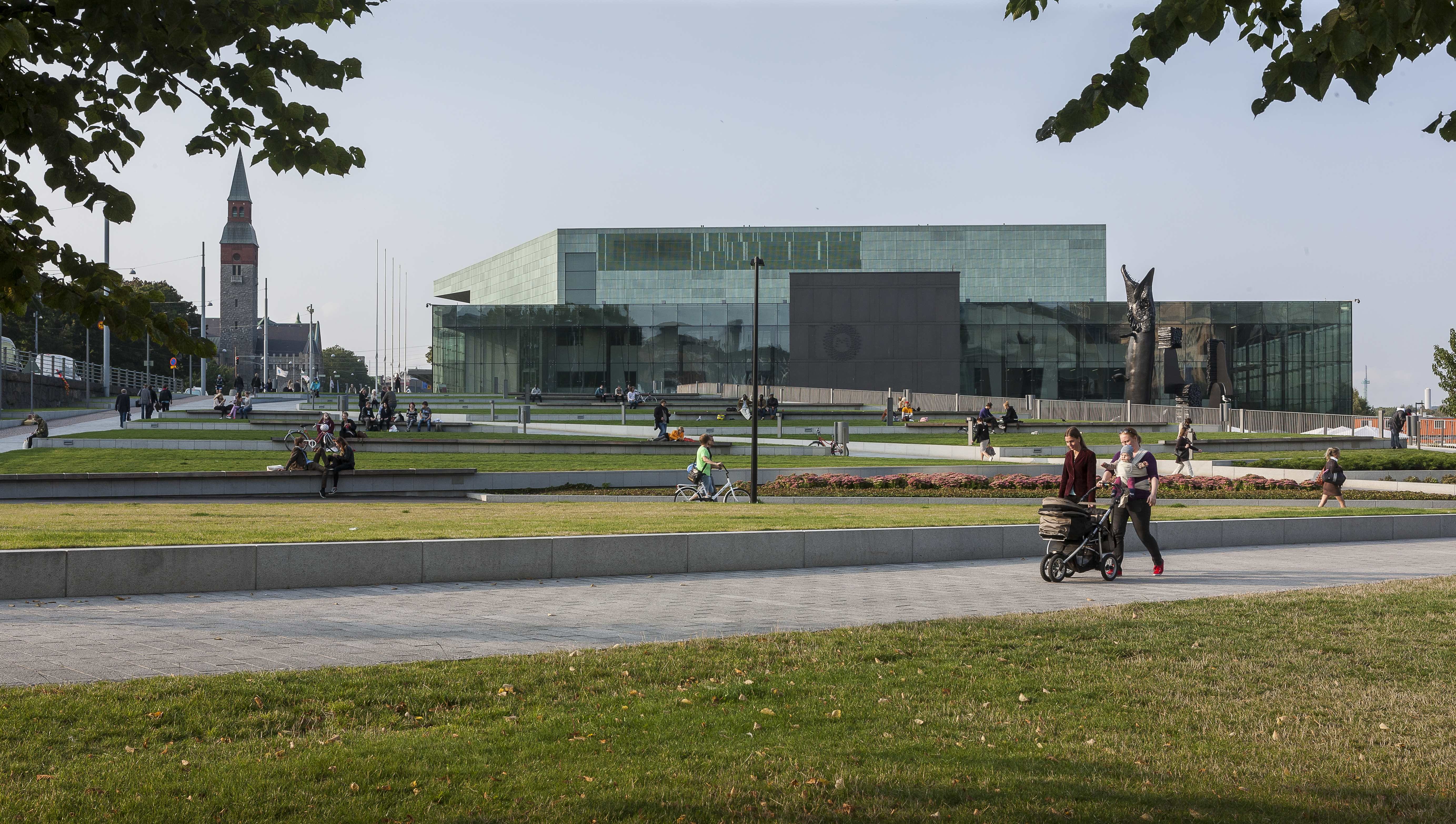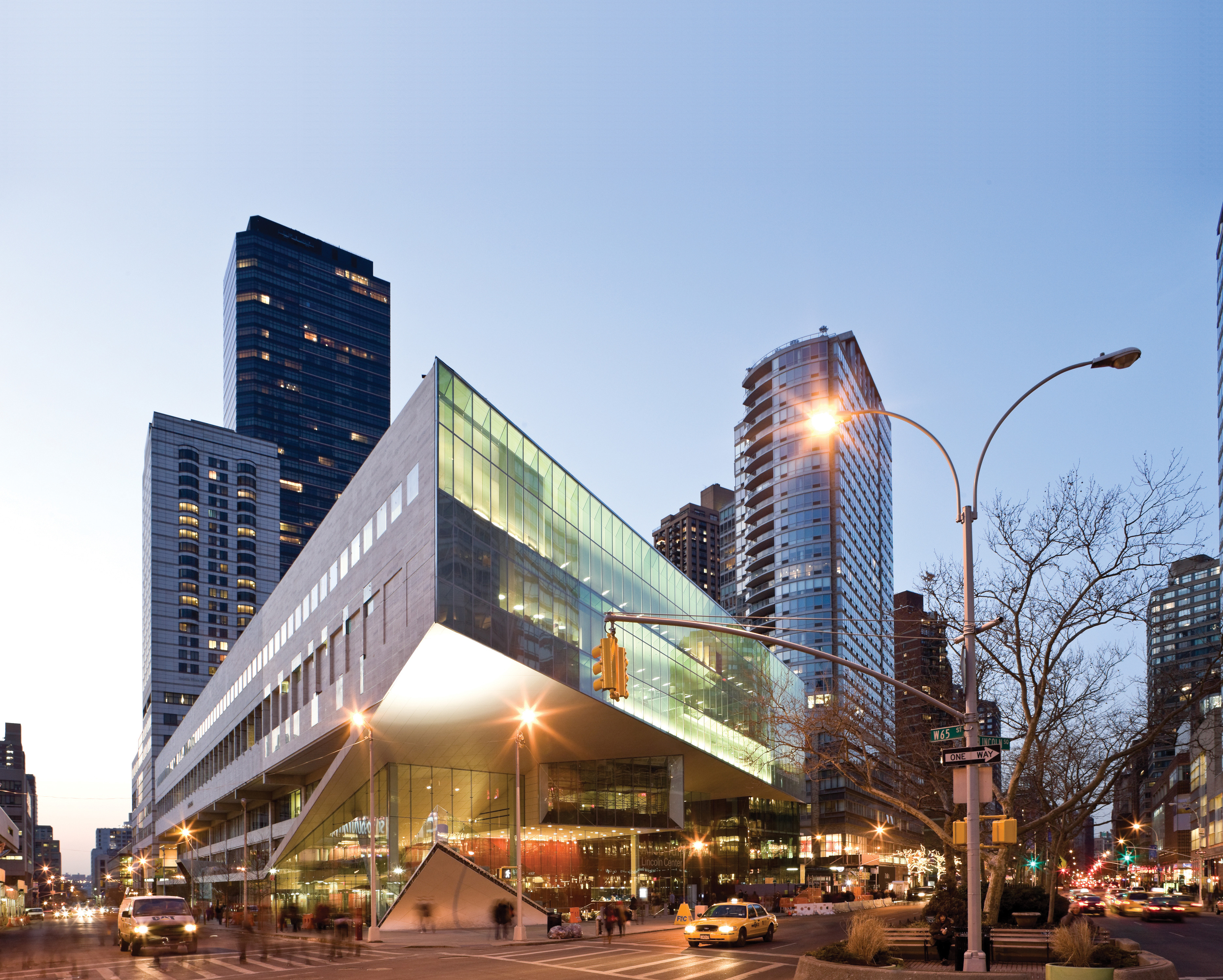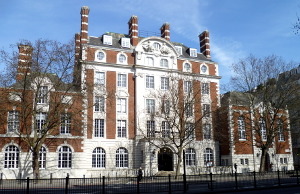
Credit: The Royal Academy of Music
How does your selection process work? Is there a quota to fill, and does this hold even if there are no suitable applicants?
All students audition in London or at any of our international audition centres in North America and Asia. Our auditions rigorously test applicants’ all-round musical abilities to ensure that they have the potential to thrive at the Academy. We have no quotas to fill, and there are always more than enough suitable applicants in all disciplines. We would never offer places to candidates we regarded as not being of the standard to have a fulfilling and successful educational experience here.
What’s the most important thing that students should come away from music college with?
We expect Academy graduates to have a real sense of their own musical identity,
together with the technical skills to sustain it, and the ability to lead an artistically successful and fulfilled professional life.
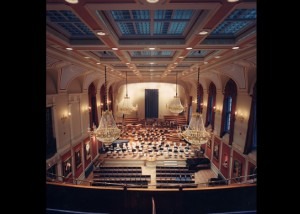
Credit: http://www.nlu3a.org.uk/
Yes, our Alumni Network has a rapidly expanding membership, with international branches up and running in the UK, Japan, Hong Kong, Germany and Australia, with many more in development. Our alumni include conductors Sir Simon Rattle, Sir John Barbirolli and Sir Henry Wood; composers Sir Harrison Birtwistle, Sir John Tavener and Sir Arthur Sullivan; pianists Sir Clifford Curzon, Dame Myra Hess, and Graham Johnson; the violist Lionel Tertis, the horn player Dennis Brain, and the percussionist Dame Evelyn Glennie; singers Dame Felicity Lott and Dame Eva Turner; and Sir Elton John, Sir John Dankworth, and Annie Lennox.
Is there anything about your teaching method that you believe to be unique about your School? In addition, do you have any courses about stress or stage fright management?
Not so much a method as a philosophy to encourage our students to fulfil their own potential. We have a uniquely ambitious and diverse programme of public performances for our students enabling them to gain significant real life professional experience, whether as performers or composers, as part of their studentship. Concern for the long-term health and well-being of our students is woven into the fabric of our programmes, and we believe that our students learn to deal with the stresses and strains of professional musical life by acquiring good professional habits at the Academy.
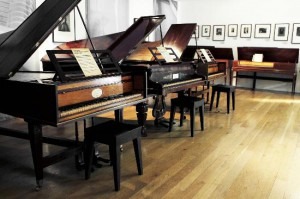
Credit: http://media-cdn.tripadvisor.com/
There are constant opportunities for students to work with leading solo artists, chamber musicians, conductors, directors and coaches through our extensive programme of concerts, masterclasses, opera and musical theatre performances. We also undertake side-by-side projects with professional ensembles, where our students perform in major venues and festivals (including most recently the Royal Festival Hall, Barbican Centre and Aldeburgh Festival) literally playing side-by-side with professional players. Recent projects have included collaborations with the BBC Symphony Orchestra, the London Sinfonietta and the Nash Ensemble. Our students experience big occasions, such as our collaborative performances with musicians from the Juilliard School at the BBC Proms, or performing Bach’s music at the Thomaskirche in Leipzig.
How different do you believe the varying career paths (solo player, chamber and orchestral musician) are, and how does your teaching reflect this?
Our view is that most of our graduates will both need and want to have rich and varied professional lives. All of our students participate fully in a range of activities suited to their disciplines, including solo, chamber, orchestral and operatic performance. Our Professional Portfolio modules at both undergraduate and postgraduate level encourage students to develop their own performance profiles to help enable them to forge their own professional future.
Do you encourage your students to participate at international competitions?
We encourage them to participate as and when they are ready and able to succeed at the right level, and always bearing in mind that even success at a major competition does not guarantee a sustainable career. It’s also worth noting that some of our most distinguished recent graduates, including pianist Benjamin Grosvenor and guitarist Miloš Karadaglić, have forged highly successful solo careers including major label recording contracts without having participated in international competitions.
Official Website



